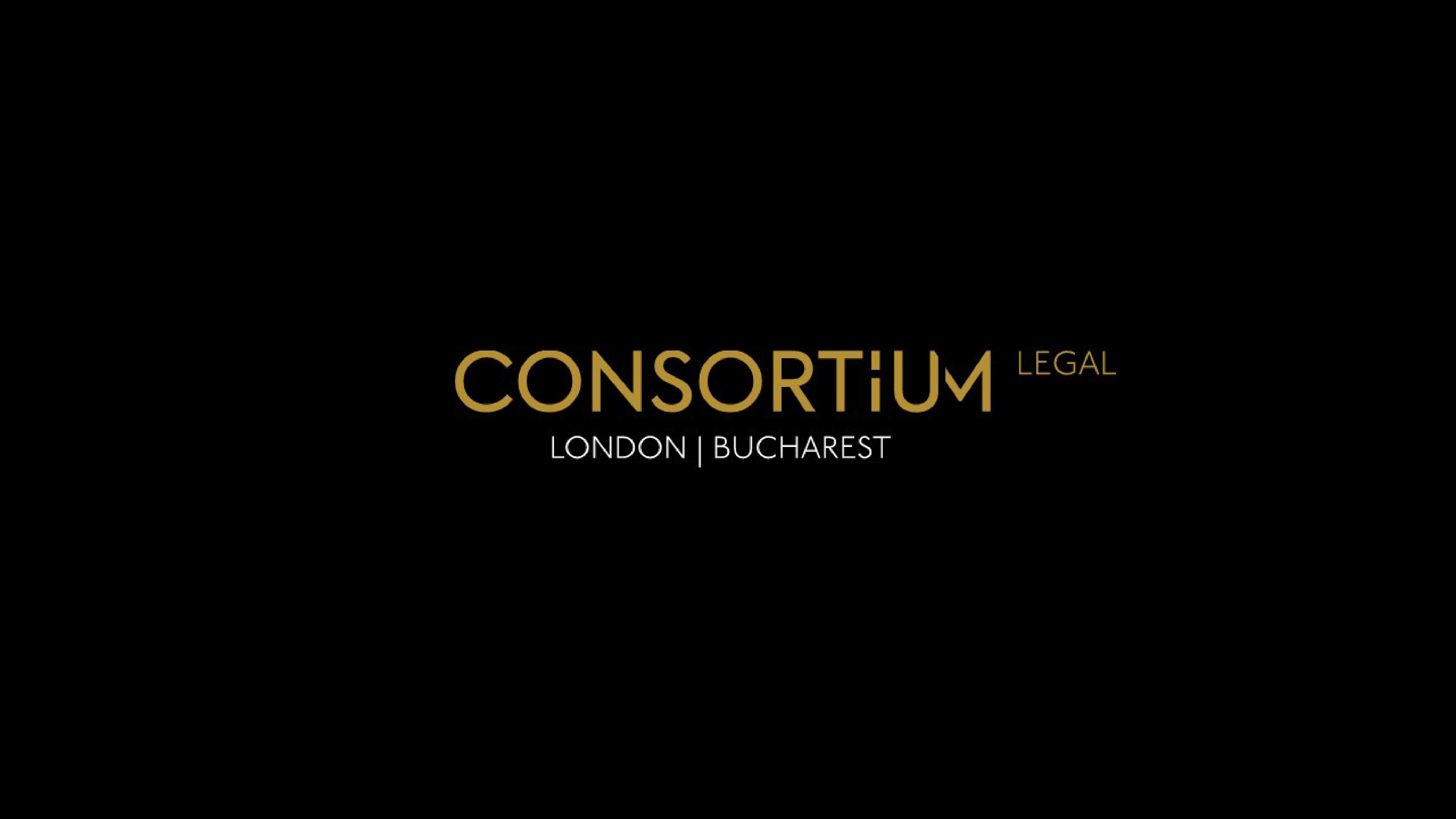Best Renewable & Alternative Energy Lawyers in London
Share your needs with us, get contacted by law firms.
Free. Takes 2 min.
List of the best lawyers in London, United Kingdom
About Renewable & Alternative Energy Law in London, United Kingdom
Renewable and alternative energy law in London, United Kingdom, governs the generation, distribution, and regulation of energy produced from renewable sources such as solar, wind, hydro, biomass, and geothermal. As the shift towards net-zero carbon emissions becomes a key national and citywide priority, London has developed a framework to promote and support energy initiatives that move away from fossil fuels. This area of law combines aspects of planning, environmental, property, commercial, and regulatory law, shaping how renewable energy projects are developed, financed, and operated within the city.
Why You May Need a Lawyer
You may need a lawyer specializing in renewable and alternative energy law for various reasons, including:
- Assisting with planning applications, permits, and compliance for new renewable energy installations
- Understanding your rights and obligations when investing in or developing solar panels, wind turbines, or other renewable systems
- Drafting or reviewing energy supply contracts, Power Purchase Agreements, and grid connection agreements
- Navigating property law concerns, such as land leases or rooftop installation rights
- Guidance on government incentive schemes, grants, and subsidies
- Addressing environmental assessments or regulatory compliance issues
- Advice on dispute resolution related to renewable projects or contractual disagreements
- Helping businesses or local authorities understand their legal responsibilities toward carbon reduction and energy efficiency mandates
Local Laws Overview
London's legal framework for renewable and alternative energy is shaped by a combination of UK-wide legislation and local planning policies. Key aspects include:
- The Planning Act 2008 and the Town and Country Planning Act 1990, which govern large-scale and local energy developments
- The Climate Change Act 2008, which sets legally binding targets for greenhouse gas emissions reductions
- Ofgem regulations, which oversee licensing, grid connections, and tariffs for electricity and gas
- The Feed-in Tariffs (FIT) scheme and Contracts for Difference (CfD), encouraging investment in renewable technologies
- Specific guidance from the Greater London Authority (GLA) promoting local renewable energy projects, including requirements set out in the London Plan
- Environmental impact assessment requirements for renewable projects
- Building regulations and local authority rules around rooftop solar installations and energy efficiency
Understanding how these various laws and policies interact is essential for anyone considering a renewable or alternative energy project in London.
Frequently Asked Questions
What types of renewable energy projects are common in London?
Solar photovoltaic panels on buildings, heat pumps, combined heat and power (CHP) systems, and small-scale wind turbines are the most common projects in London. Larger developments may include energy-from-waste facilities and community-led renewable schemes.
Do I need planning permission to install solar panels at my property?
Many solar panel installations benefit from permitted development rights, meaning you may not need planning permission for small, residential systems. However, restrictions apply to listed buildings, conservation areas, and larger-scale installations. Always check with your local planning authority.
What incentives are available for renewable energy in London?
Key incentives include government grants, the Smart Export Guarantee for exported electricity, and support through the Green Homes Grant (subject to scheme availability). Some local boroughs also run incentive programs.
Can a business or residential block sell excess electricity generated on site?
Yes, subject to regulatory requirements and contractual arrangements, it is possible to sell surplus electricity back to the grid or directly to residents and tenants through private wire agreements.
What are my responsibilities under UK law if I operate a renewable energy installation?
Operators must comply with planning conditions, health and safety legislation, environmental standards, and may require permits or licenses from Ofgem or the Environment Agency, depending on the type and scale of the project.
Are there restrictions on installing wind turbines in London?
Yes, due to urban density and planning rules, large wind turbines are rarely permitted in central London. Small-scale turbines may be an option in appropriate locations, but planning permission is typically required.
How can I resolve disputes over land use or grid connections for renewable energy?
Legal professionals can assist with dispute resolution through negotiation, mediation, or, if necessary, litigation. Many issues can be resolved by reviewing contractual obligations or seeking regulatory guidance.
What is the role of Ofgem in renewable energy projects?
Ofgem regulates the electricity and gas markets, including licensing of suppliers and overseeing tariffs, grid connections, and codes. It also administers some financial incentive schemes for renewable energy.
Can tenants install renewable energy systems in rented properties?
Tenants generally need the landlord's written permission before installing renewable systems. Legal advice is recommended to clarify lease terms and responsibilities regarding installation, maintenance, and removal.
How are environmental impacts of renewable projects assessed?
Larger renewable energy proposals require an Environmental Impact Assessment (EIA) as part of the planning process to evaluate effects on local wildlife, landscape, noise, and public safety. Smaller projects may only need to meet general environmental standards.
Additional Resources
If you are seeking further information on renewable and alternative energy law in London, consider consulting the following organizations and resources:
- Greater London Authority (GLA) - provides policy guidance for renewable energy in the capital
- Department for Energy Security and Net Zero (DESNZ) - responsible for UK energy policy and regulations
- Ofgem - the UK energy regulator for market, grid, and licensing matters
- The London Community Energy Fund - helps fund local renewable projects
- Energy Saving Trust - advice for residents on renewable energy installation and efficiency
- Local planning authorities - provide details on planning permission, local rules, and objections
- Solicitors Regulation Authority (SRA) - for finding regulated energy law solicitors
Next Steps
If you need legal assistance with a renewable or alternative energy matter in London, consider the following steps:
- Gather all relevant documents, such as property deeds, lease agreements, planning applications, or contracts
- Identify the specific issue or question you need legal help with, such as planning permission, contract review, investment, or resolving a dispute
- Contact a solicitor or law firm experienced in renewable and alternative energy projects. Verify their expertise in energy, property, and environmental law
- Arrange an initial consultation to discuss your situation and receive tailored advice
- Use additional resources, such as government guides or local authority information, to clarify your understanding while seeking legal counsel
- Be proactive in requesting regular updates and explanations from your legal representative throughout your project or case
Taking these steps can help you navigate the complexities of renewable and alternative energy law in London and ensure your project is successful and compliant with all relevant regulations.
Lawzana helps you find the best lawyers and law firms in London through a curated and pre-screened list of qualified legal professionals. Our platform offers rankings and detailed profiles of attorneys and law firms, allowing you to compare based on practice areas, including Renewable & Alternative Energy, experience, and client feedback.
Each profile includes a description of the firm's areas of practice, client reviews, team members and partners, year of establishment, spoken languages, office locations, contact information, social media presence, and any published articles or resources. Most firms on our platform speak English and are experienced in both local and international legal matters.
Get a quote from top-rated law firms in London, United Kingdom — quickly, securely, and without unnecessary hassle.
Disclaimer:
The information provided on this page is for general informational purposes only and does not constitute legal advice. While we strive to ensure the accuracy and relevance of the content, legal information may change over time, and interpretations of the law can vary. You should always consult with a qualified legal professional for advice specific to your situation.
We disclaim all liability for actions taken or not taken based on the content of this page. If you believe any information is incorrect or outdated, please contact us, and we will review and update it where appropriate.











